Articles by Tom White
Page 3 of 4
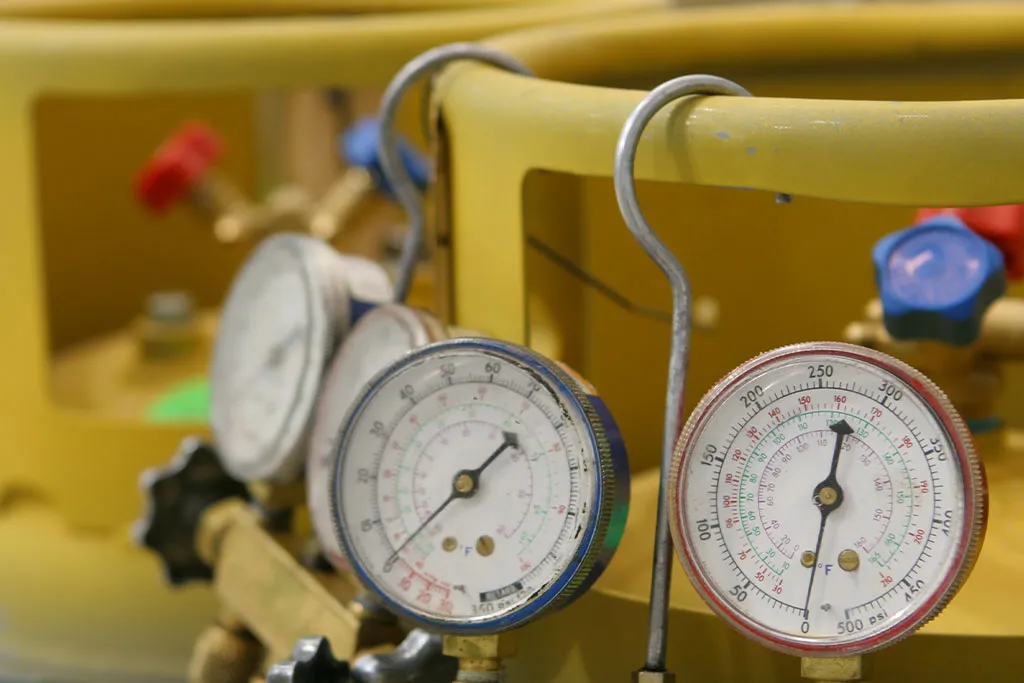
Comprehensive Guide to Hydrostatic Testing: Definition, Process, Advantages, and Corrosion Protection Solutions
What is Hydrostatic Testing? Hydrostatic testing is a technique used to verify the durability of pressure vessels, pipes, and other equipment, essential for detecting leaks and ensuring the structural integrity of these components. By filling items with water and pressurizing them, industries can ensure these assets will endure operational stresses. Purpose and Applications
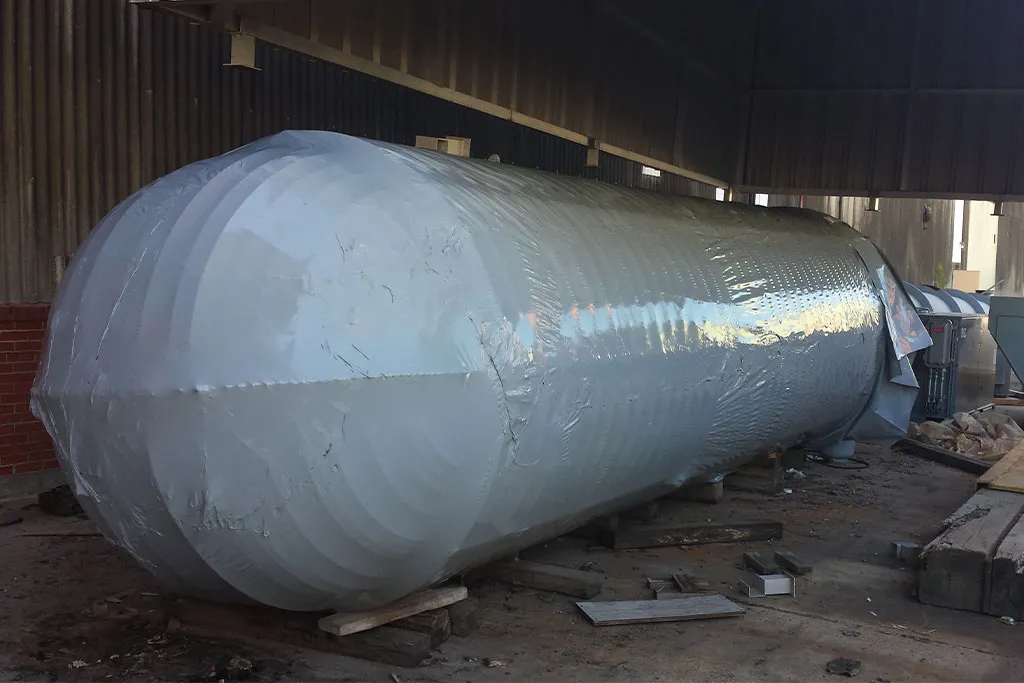
Comprehensive Guide to Heat Exchanger Corrosion Protection
Heat exchangers are critical components in various industries, responsible for transferring heat between fluids to regulate temperature and ensure efficient system operation. Despite their importance, these systems often operate in challenging environments where exposure to humidity, fluctuating temperatures, and corrosive chemicals can lead to significant corrosion. Corrosion issues are particularly prevalent during outdoor storage and

ZERUST® Leading the Way in Sustainable VCI Packaging with Post-Consumer Recycling
In a world where environmental consciousness is on the rise, companies are increasingly seeking innovative ways to reduce their carbon footprint and promote sustainability. One such approach that’s gaining traction is post-consumer recycling, and here at ZERUST®, we’re at the forefront of implementing this technology across our Vapor Corrosion Inhibitor (VCI) polymer packaging solutions. Furthermore,
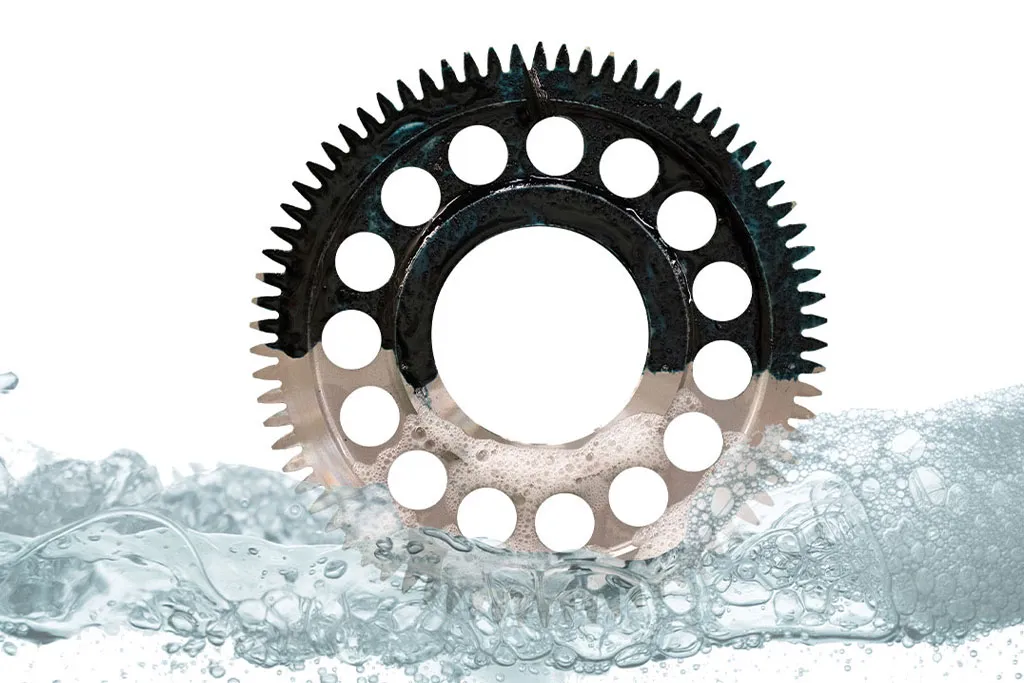
The Crucial Role of Industrial Cleaners & Degreasers in Manufacturing and Their Corrosion Risk
In the complex and highly regulated world of manufacturing, precision and quality are paramount. Each component produced must meet stringent standards, whether it’s destined for painting, welding, rust prevention coatings, or any downstream process. One often overlooked yet critical aspect of maintaining these standards is the use of industrial cleaners and degreasers. These chemical solutions
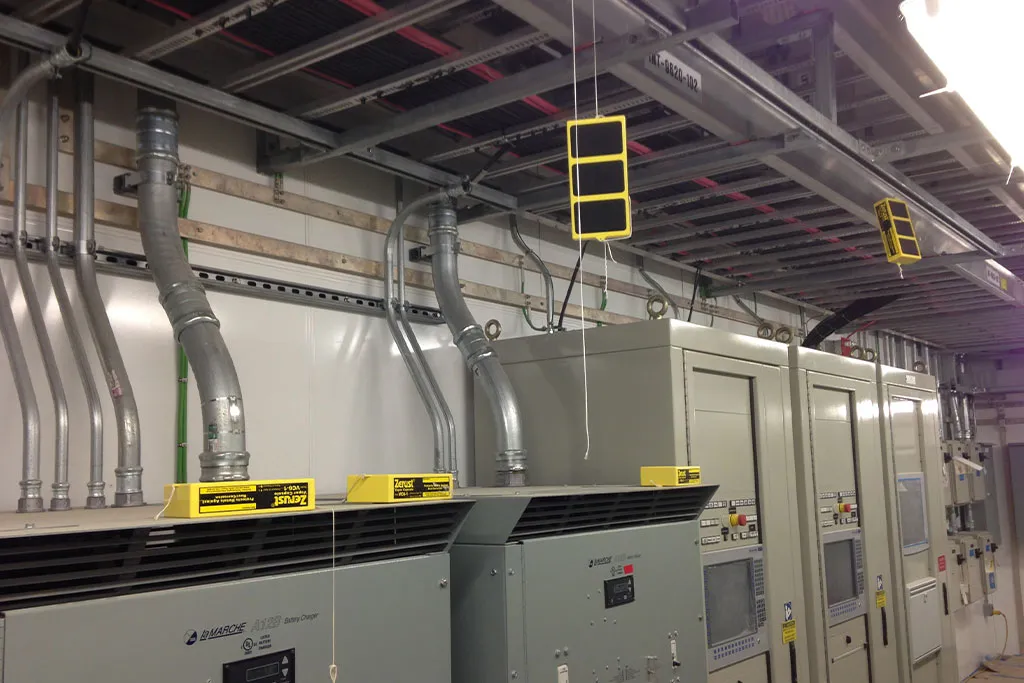
Corrosion Control for Control Rooms and Electronics: A Comprehensive Guide
Corrosion is a silent threat that plagues control rooms and electronics in industrial settings. As a result, it can cause circuitry failures, compromise equipment reliability, and ultimately lead to costly downtime. In this blog post, we’ll explore the challenges of corrosion control in control rooms and electronics and how innovative products like ZERUST® ActivDri™ Packets,
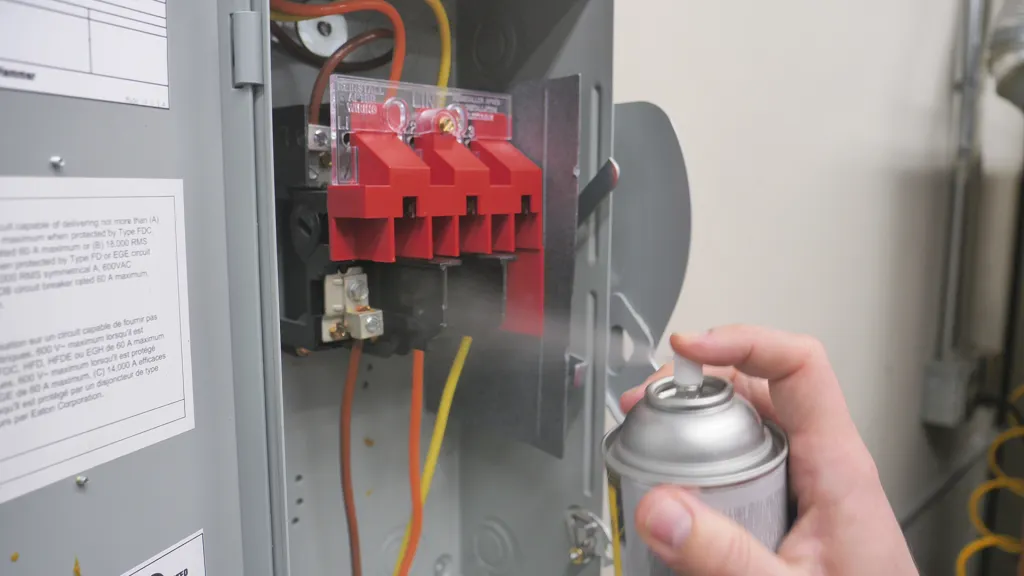
Axxanol™ 718-ESS vs. Conformal Coatings: Choosing the Right Corrosion Protection Solution
Corrosion protection holds key importance in electrical and electronic applications. Two common approaches for achieving this are conformal coatings (CC) and ZERUST® Axxanol™ 718-ESS, a multimetal electrical corrosion inhibitor spray. In this blog post, we’ll delve into the key differences between these two methods, their respective advantages and disadvantages, and how Axxanol™ 718-ESS stacks up
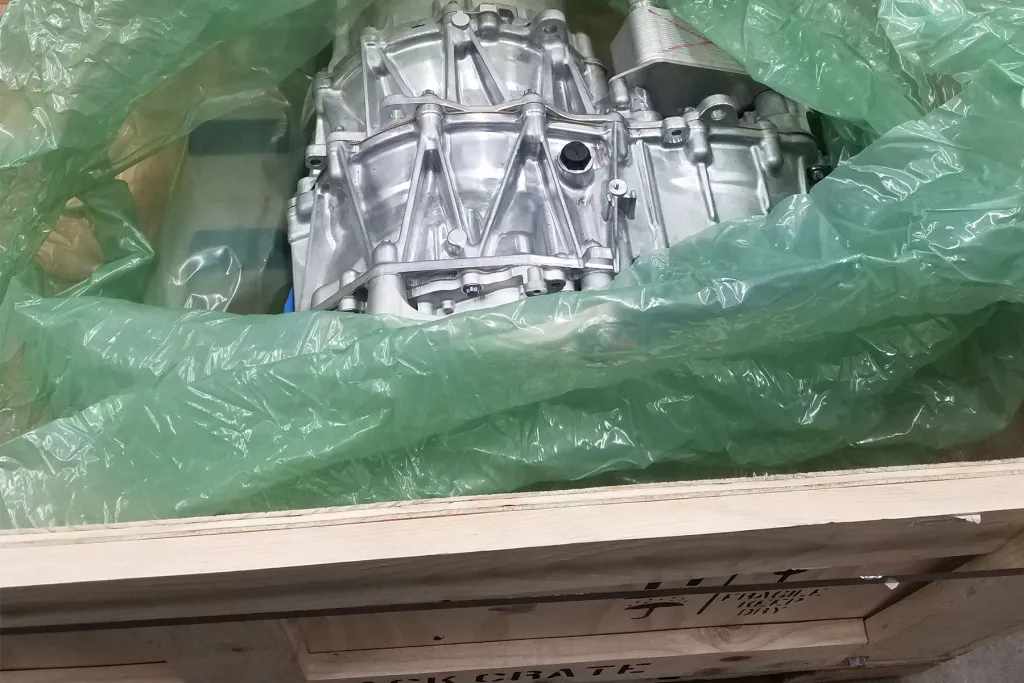
Revolutionizing the Electric Vehicle Market with VCI: Vapor Corrosion Inhibitors
Welcome to our comprehensive guide on Vapor Corrosion Inhibitors (VCI) and their transformative impact on the Electric Vehicle (EV) market. As the worldwide leaders in Vapor Corrosion Inhibitor Technology, we pride ourselves on providing our customers with comprehensive corrosion management solutions that provide our customers with rust-free results. In this blog, we will explore the
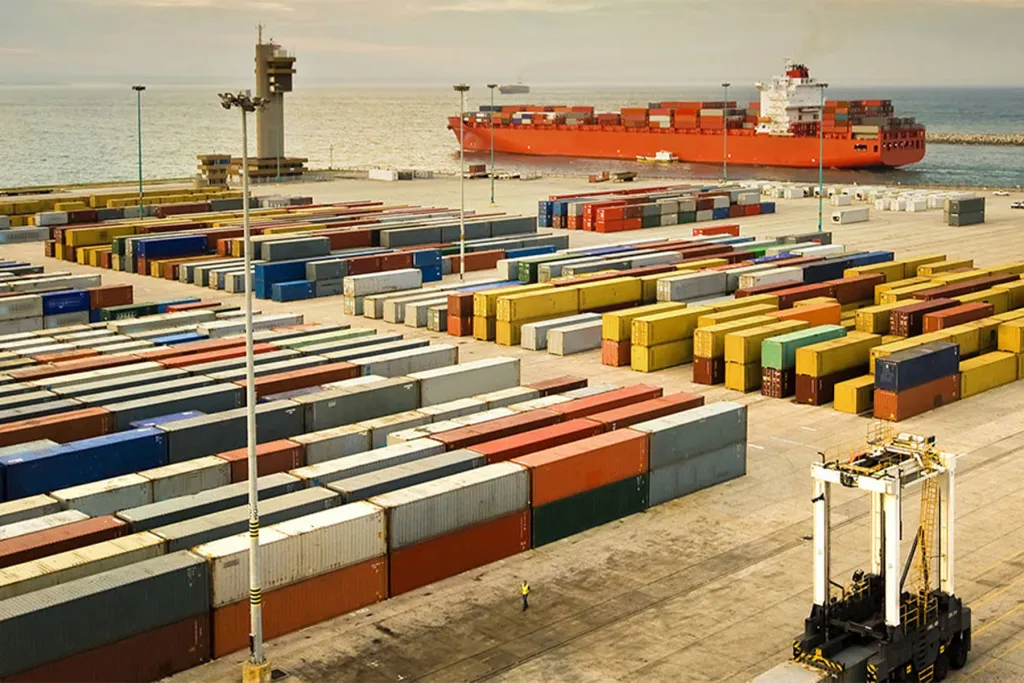
Preventing Corrosion in Metal Goods During Transit: ZERUST® Transit Coatings
Globalization is based on transporting metal goods, but it has challenges. One of these challenges is protecting metal goods from corrosion during domestic and international transit. As a result, manufacturers transporting metal goods can suffer significant financial losses and reputational damage due to corrosion. Fortunately, ZERUST® transit coatings offer a reliable solution to this problem.
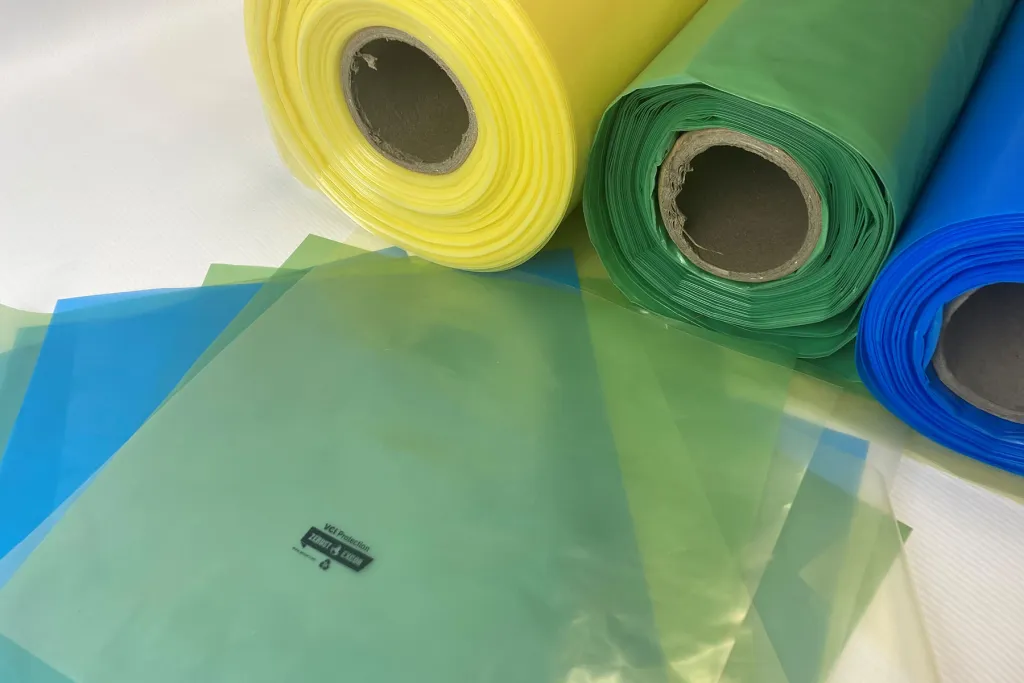
What Is the Difference Between VCI Rolls and Sheets?
We’re commonly asked by our customers, “what is the difference between VCI Rolls and Sheets?”. So, we’ll take a quick look into VCI and the difference between the two options. VCI (Vapor Corrosion Inhibitor) packaging materials are commonly used to protect metal surfaces from corrosion during transportation and storage. These VCI poly materials work by releasing
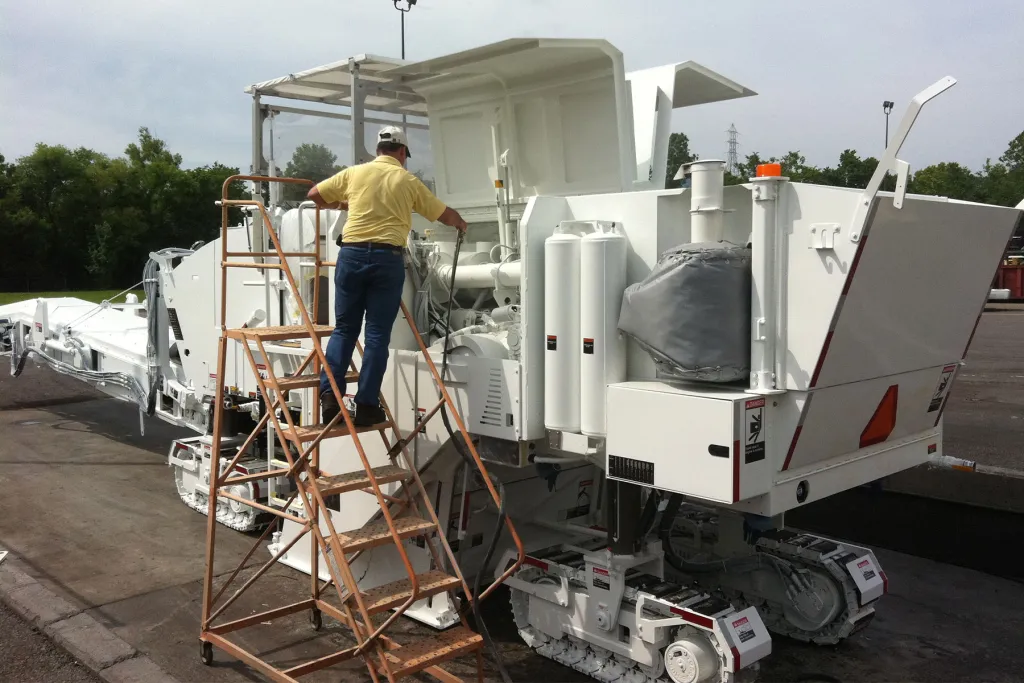
What Is the Best Rust Preventative for Your Application?
Rust is a persistent problem for metal surfaces, especially those exposed to harsh environments. If left unchecked, rust can cause significant damage and undermine the strength of metal objects. So, to safeguard against rust, it’s essential to use the right rust preventative. But with so many options available, it can be tough to determine which

